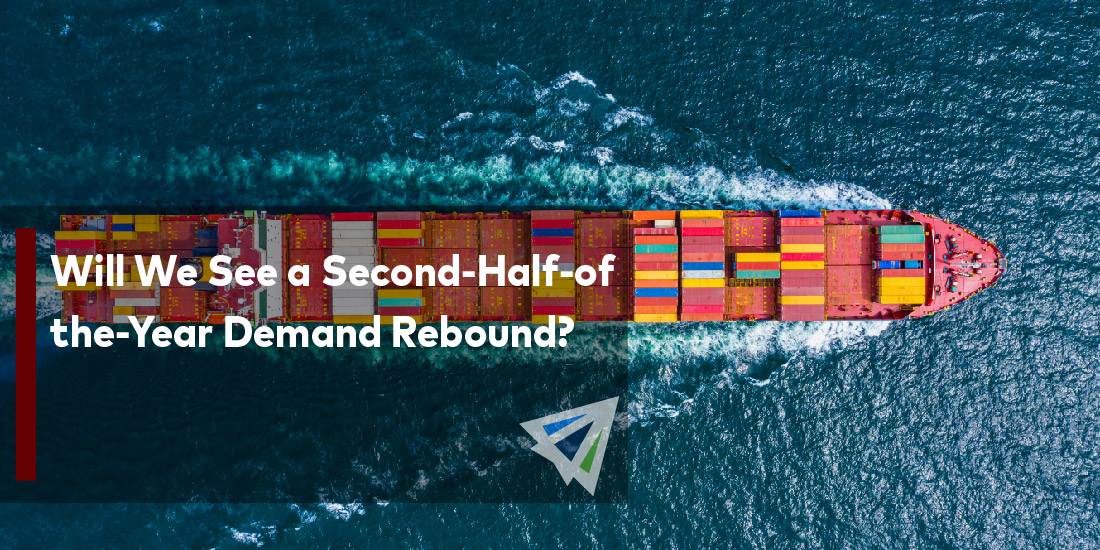Most shippers have been aware of the state of the international shipping market, and especially how it’s impacted U.S. imports over the last several months (and years for that matter.) While shipping activity has certainly gone up and down, it’s remained rather low since COVID. The state of Chinese manufacturing plants and domestic transportation to and from the main ports has remained relatively volatile as COVID continues to slow down operations.
However, recent changes in local regulations, decreasing COVID infections, and changing consumer demand in the U.S. are seeming to place the U.S. import market in a better place than before. The last couple months have seen more activity at southwest U.S. ports, and analysts as well as industry experts are interpreting recent market trends as indications we may be moving to a more active (and hopefully more stable) import market.
Recent Import Activity Surge
As one might expect around this time of year, much of the increase in import activity is centering around goods such as patio furniture and other outdoor garden or lawn-related goods, as well as various different household goods.
Retailers have been paring down their inventories, which has certainly caused import trade activity to dwindle a bit. However, consumers and industry experts remain optimistic that import activity to the U.S. is going to continue increasing as people attempt to make up for what missed activities in the first half of the year.
China has been re-opening up from their “Zero Covid,” and as a result, export delays are being experienced since manufacturing and processing plants are reopening in full force. This is causing an onslaught of export activity from China that is putting unexpected pressure on local Chinese ports. It will obviously take some time for them to adjust their booking schedules and allocate the necessary resources and equipment to handle the recent surge in activity, however, the gist of it is that international trade is returning to normal after years of extreme volatility (which was usually in a negative direction.)
Challenges Faced by The Industry
Supply chains are currently facing a slew of challenges as the industry attempts to return to normal with U.S. import activity ramping up. Currently, there is an uncomfortable clash between rising consumer demand and industry-related obstacles. Firstly, inflation has caused a ton of financial pressure for U.S. retailers, causing them to scale back their purchasing. And secondly, energy prices have skyrocketed given the current state of the world – much of which has been impacted by the war on Ukraine and sanctions placed against Russia (who has a major influence on energy prices worldwide.)
To combat the financial challenges, as well as the delays being experienced in China as they bounce back from years of COVID-related challenges, many companies are resorting to a “China plus” method of manufacturing and acquiring goods. This involves outsourcing some (or in rare instances – all) manufacturing activities to countries like Thailand, Vietnam, and Malaysia.
Recent reports from Bills Of Lading acquired via Import Genuis show that Vietnam is exporting iron fencing and garden related stands and structures. India is exporting a lot of supplements and vitamins, school supplies like pencils and notebooks, and metal piping. Taiwan has also taken on more activity as they produce and export plastics, machinery, and vehicles.
Final Notes
These recent trends in international shipping activity and re-allocation of resources and focus for purchasing and routing goods are giving local retailers, shippers, and consumers hope for a more stable international supply chain. As U.S.-based companies resort to “China plus” methods for acquiring goods and components, and retailers leverage new strategies for stocking their inventories amidst a resuming Chinese manufacturing market, U.S. consumers are adjusting their buying behaviors to reflect the decreasing costs.
